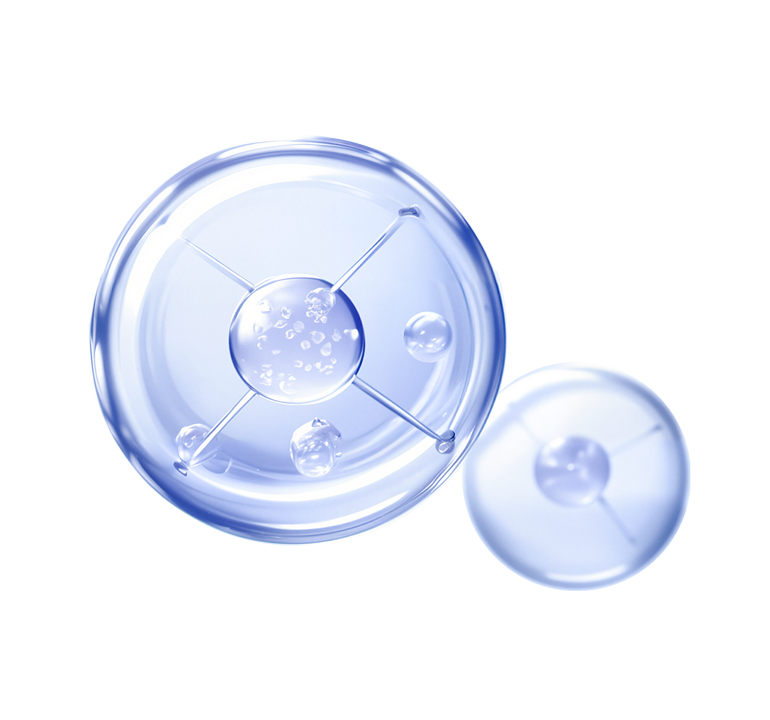Introduction to the Ten Most Prevalent Cancers | Reference Price¥3237
-
lung cancerPeople over 45 years old, especially those with a history of smoking (including passive smoking) for more than 20 years; Practitioners who have been engaged in chemical or mining operations for a long time or who are exposed to oil fumes, asbestos and radioactive substances; People with chronic lung diseases such as chronic obstructive pulmonary disease and tuberculosis; and people with lung cancer in their immediate family.
-
liver cancerPeople with hepatitis B/hepatitis C virus infection, cirrhosis, chronic alcohol abuse or history of non-alcoholic fatty liver disease; People who have been consuming moldy food (containing aflatoxin) or contaminated drinking water for a long time; People with family history of liver cancer (especially first-degree relatives with the disease).
-
gastric cancerPeople over 40 years of age who are positive for Helicobacter pylori and have not been cured; Those who have long term high salt diet, often eat pickled/smoked food, and have irregular diet; Those with chronic gastric diseases such as gastric ulcer, atrophic gastritis, gastric polyps, etc; and people with family history of gastric cancer or hereditary gastric cancer syndromes (e.g. Lynch syndrome).
-
esophageal cancerPeople over 45 years of age who are chronic smokers or alcoholics, who prefer hot food (temperature >65℃), high salt and spicy food, or pickled food; Those with reflux esophagitis, Barrett's esophagus or atypical hyperplasia of esophageal mucosal epithelium; People with family history of esophageal cancer or living in high incidence areas such as Linzhou, Henan Province.
-
colorectal cancerPeople over 50 years of age who have a long-term high-fat, low-fiber diet, are sedentary and obese; Those with ulcerative colitis, Crohn's disease or intestinal polyps (especially adenomatous polyps); Those with a family history of colorectal cancer or hereditary colorectal disease (e.g. familial adenomatous polyposis).
-
pancreaticThose over 40 years of age who are chronic smokers, alcoholics or have a history of chronic pancreatitis; Those with diabetes mellitus (especially new-onset diabetes mellitus) or obesity (BMI > 28); Those with a family history of pancreatic cancer or hereditary pancreatitis, Peutz-Jeghers syndrome.
-
kidney cancerPeople over 50 years old with high blood pressure or obesity; and Long-term smokers or practitioners exposed to chemicals (e.g. aromatic amines, organic solvents); People with a family history of kidney cancer or hereditary kidney disease (e.g. von Hippel-Lindau syndrome).
-
gallbladderWomen over 40 years of age, especially those with combined gallbladder stones, gallbladder polyps (diameter > 1cm) or recurrent chronic cholecystitis; Long-term high-fat diet, obesity or history of cholecystectomy.
-
brain cancerThere is no definite age limit, and those with a family history of brain tumors or with hereditary diseases such as neurofibromatosis or tuberous sclerosis; People with long-term exposure to ionizing radiation (e.g., frequent brain CT) or chemical carcinogens (e.g., alkylating agents) need to be screened promptly if they develop symptoms such as headaches and seizures.
-
lymphomasYoung adults aged 20-40 years old; and People with long-term immunocompromise (e.g., HIV-infected people, organ transplant recipients) or those infected with EBV, Helicobacter pylori, HTLV-1 virus; Those with a family history of lymphoma or long-term exposure to chemical poisons such as pesticides and hair dyes need to be examined promptly if painless lymph node enlargement occurs.
General information
-
Negative Population Guidance Recommendations
The screening results were negative, no tumor-related gene mutations and methylation abnormalities were detected, and the current risk of suffering from core high-incidence tumors is low. However, it is still necessary to pay attention to health, maintain good living habits and stay away from cancer-causing factors.
-
Recommendations for guidance of weakly positive people
Weakly positive screening, gene mutation or methylation abnormality detected in the blood, there is a risk of precancerous lesions, early stage tumors and other core high prevalence tumors. Please have an in-depth medical checkup as recommended by the genetic counselor immediately. Even if there is no positive indication for the time being, you should continue to pay attention to your health, adjust your living habits, strengthen your exercise, and keep away from cancer-causing factors.
-
Positive Population Guidance Recommendations
Positive screening results, tumor-related gene mutation or methylation has reached a high risk, the risk of developing core high-incidence tumors is high. It is recommended to seek immediate medical attention for a comprehensive examination and treatment as prescribed by the doctor after diagnosis, as well as to improve lifestyle habits and be alert to chronic diseases.




